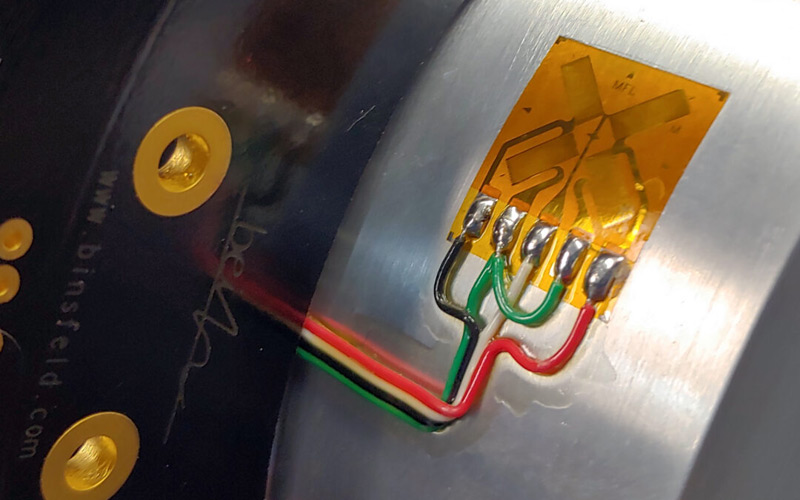Strain gauges are essential tools used to measure very small changes in strain, making them ideal for precise testing. These devices help to monitor how materials deform under stress. The accuracy of strain gauges allows for detailed and reliable measurements, which are crucial in various industries like engineering and materials science.
Let us delve into five ways in which strain gauges offer a way to obtain accurate data, ensuring products perform safely and effectively under different conditions.
Highly sensitive to small changes
Strain gauges are designed to detect even the tiniest changes in strain. They can measure minute deformations, which makes them ideal for situations where precision is critical. This high sensitivity ensures that you receive the most accurate data possible during testing, even for materials that change only slightly under stress.
Accurate measurements in various environments
Strain gauges can be used in different environments, from laboratory settings to real-world conditions. They are versatile and can be applied to test products that undergo dynamic stresses, like vehicles, buildings, or aerospace components. This ability to perform well in varied settings ensures that strain gauges provide consistent and accurate readings across a range of materials and conditions.
Real-time monitoring of strain
Strain gauges allow for real-time monitoring, giving immediate feedback during testing. This capability is essential for observing how a material behaves under load and stress. Whether testing a component for failure points or understanding its elasticity, strain gauges provide the data needed on the spot. This makes them an invaluable tool for engineers working with materials that need to perform under specific conditions.
Precise data for material research
Researchers rely on strain gauges to gather precise data for material testing. Whether studying metals, composites, or polymers, strain gauges provide clear insights into how materials deform. By understanding these changes in strain, researchers can develop stronger, more durable materials or improve existing designs. Strain gauges also help identify weaknesses in materials, which is critical in the manufacturing process.
Reliability and repeatability
Strain gauges are known for their reliability and repeatability. Once calibrated, they can provide consistent results over many tests. This is crucial for ensuring that test results are reliable and that materials or components perform consistently across different trials. The dependability of strain gauges ensures that the measurements you get are trustworthy for critical applications like safety testing.
Final words
Strain gauges offer precise measurements, which are indispensable for accurate testing in various fields. Their ability to measure even the smallest strain changes makes them the perfect tool for high-precision testing.


